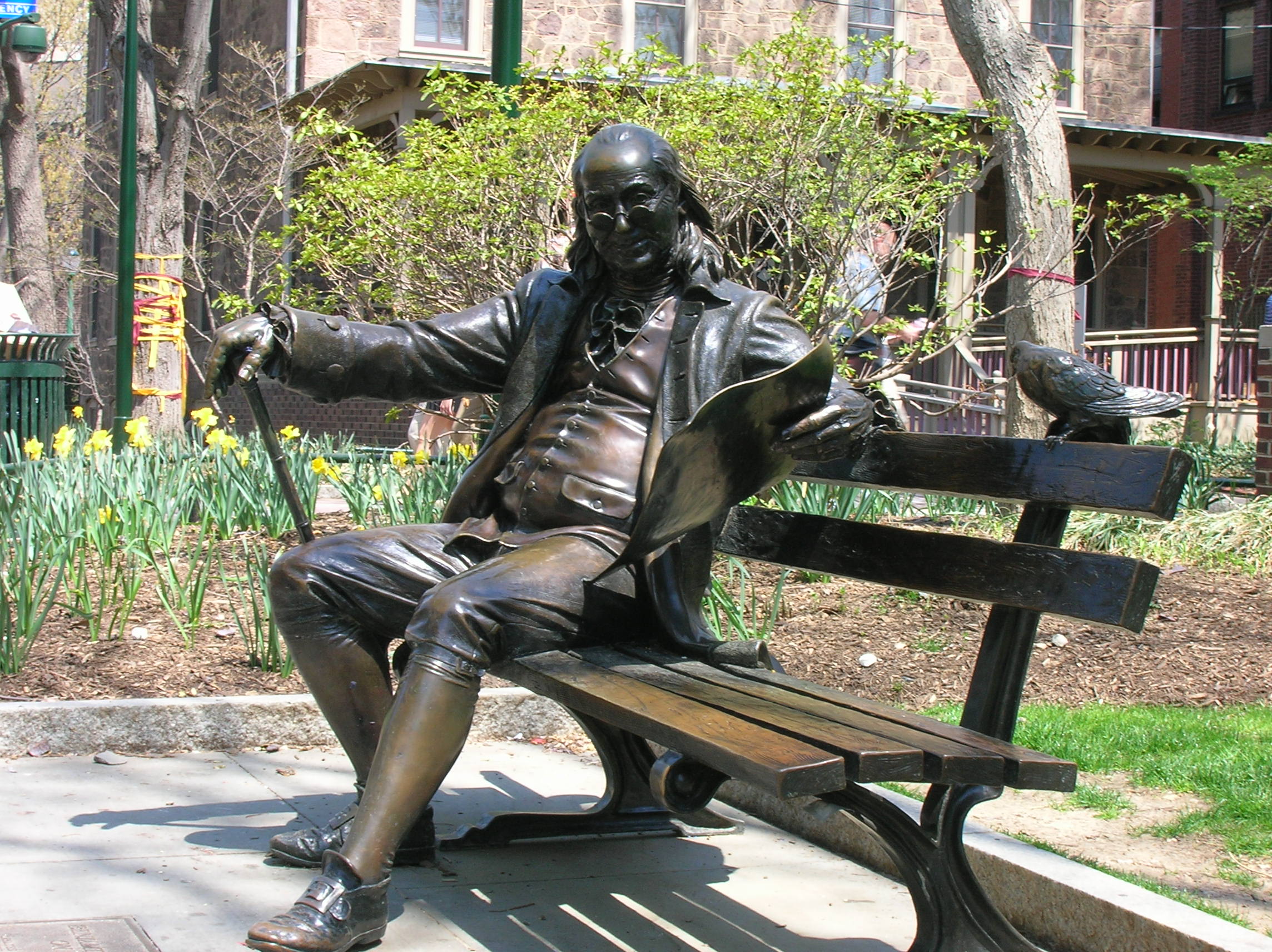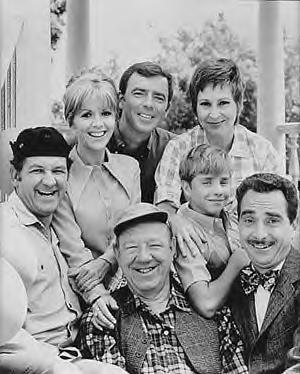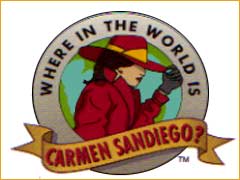By Claire Klieger
It sounds pretty obvious—understanding and being able to articulate your strengths will make you stand out to employers. Regardless of your experiences, demonstrating how your abilities are central to the position make the case that you are qualified. But I often see students who, because of cultural reasons, low self-esteem, or lack of self-reflection, have trouble doing this. If you don’t feel comfortable talking about your strengths or even if you’re not sure what they may be, it’s a good time to do a little self-assessment.
You all have skills, many of them, in fact. You had to be amazing to be admitted to a place like Penn, and the fact that you are now surrounded by other extremely bright and talented individuals doesn’t lessen the strengths and abilities you possess. This is not like America’s Got Talent. You don’t need to have a talent as overt as swallowing swords while juggling fire on a unicycle (and thank goodness most of us don’t have to face interviewers with buzzers and buttons that display big red “X”s). Because many strengths are innate and come naturally to us, they may be easy for us to forgot or overlook.
Reacquaint yourself with the attributes that make you special by doing some introspection. Ask yourself, “what am I good at?” and “what comes easily to me?” Often times we also enjoy tasks in areas where we are naturally strong so you might also ask yourself what you seem to really enjoy. Another good way to do this and get some fresh perspective is to ask people you trust who know you well (parents, friends, mentors, etc.). Have them tell you in what areas they think you excel and what skills they see you practice almost effortlessly. The answers may surprise you and will certainly give you a boost in confidence.
Being aware of your strengths is not just essential to effectively present yourself to an employer; it also important in identifying jobs that might be a good fit. In fact, there is evidence that picking a job or internship that allows you to use our talents on a regular basis impacts job satisfaction and productivity. A 2010 Gallup study found that only 28% of the working population is “engaged” (defined as “loyal and productive”) in their jobs. However, at organizations where the leadership was focused on employee’s strengths, 73% were engaged in the workplace. What does all of this mean? In short, you’re more likely to be successful and happy in your job if you are able to find something where your strengths and talents are utilized. So, before you start your next job or internship search, first, embrace your strengths!





